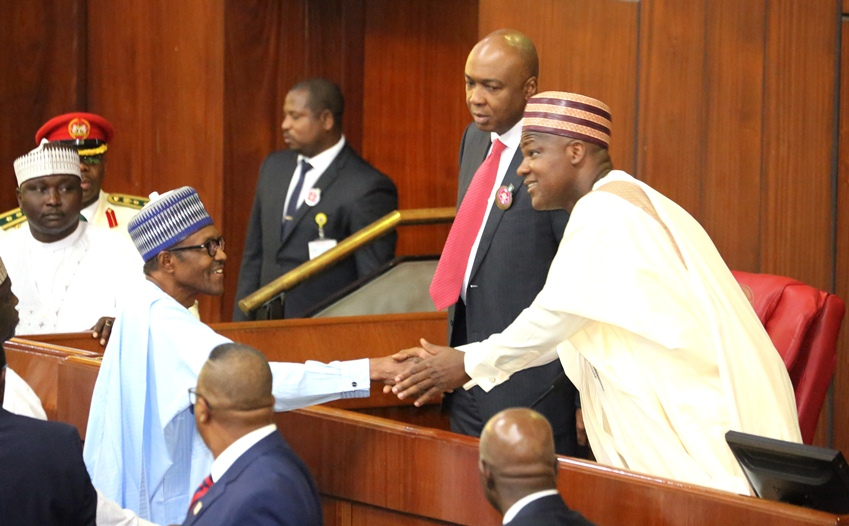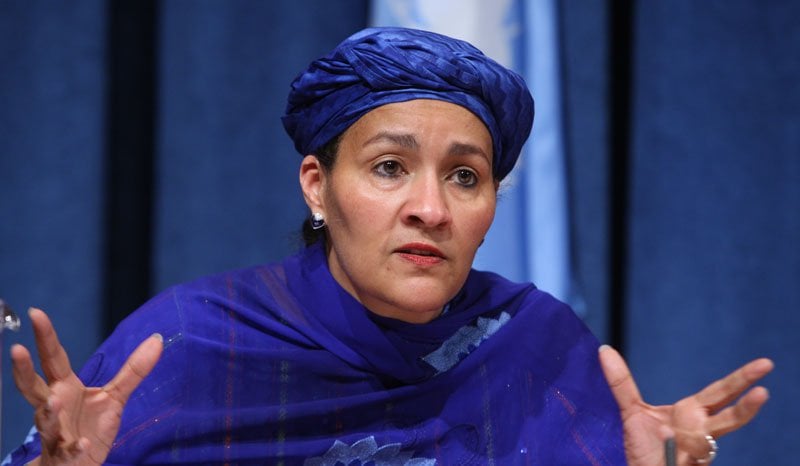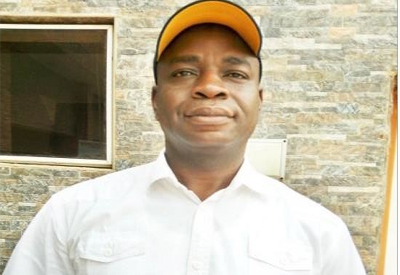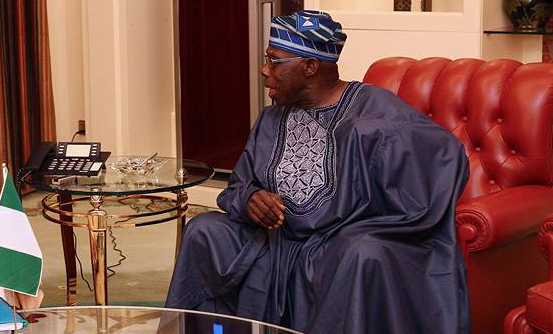The 2018 budget proposal presented on Tuesday by President Buhari appears to be well articulated as it seeks to build on the modest successes achieved by the administration from the implementation of its first budget tagged “budget of change” and the second budget tagged “budget of recovery and growth”. The tag given to the 2018 budget, “budget of consolidation”, is quite apt and appropriate.
The fundamental assumptions behind the budget are also quite reasonable and realistic, except for a few. The proposed oil benchmark price of $45 per barrel is conservative enough but I see the hawks in the National Assembly increasing the benchmark to at least $50 per barrel. The daily crude oil production target 0f 2.3 million barrels appears to be too ambitious, given the current level of investments in oil exploration and development, government’s inability to provide its portion of funding to oil companies and the issue of OPEC production quota.
It’s gratifying to also note the increment in allocation to key sectors of the economy such as agriculture, education, transport and works and housing. However, there is need to look at the health sector also. Needless to say there is need for improvements in the allocation to education and agriculture given the cardinal principles of the administration and governments commitments such as Malabo Declaration of budgeting at least 10% annually to agriculture and the need to achieve food security.
The composition of the estimate as regards capital, recurrent and debt servicing leaves much to be desired. It’s encouraging seeing capital expenditures reaching 30% of the budget but it’s worrisome to note the level of recurrent expenditure and debt servicing. Government must find ways to drastically cut down on waste as well as the entire recurrent expenditure so as to significantly achieve improvements in capital spending. Government must also exercise care and caution on the issue of debt servicing particularly with increase in level of both local and external borrowings. Dollar interest rates are set to increase which would hurt us more, given our level of exposures now in foreign loans.
Advertisement
The challenges of implementation as well as passage of the appropriation bill still persists. One wonders the basis and or rationale of the comments made by the leadership of the National Assembly on somewhat putting a condition on quick passage of the bill to cordial relationship between the legislature and executive. Consideration of bills from the executive is not a privilege. It is a right and a duty of the legislators. It is above all in the mutual interest the executive and the legislative arms of the government being elected officials who would seek re-election. The legislature has had the Medium Term Expenditure Framework (MTEF) presented to them months before now but yet to be attended to. Unfortunatel,y the budget presented to them is supposed to be built on the MTEF document which has remained unattended to by our esteemed legislators.
On the issue of Excess Crude Account I think I support the position of the National Assembly in recommending the scrapping of such an illegal account but in its place government should consider a legislation on National Savings or a massive build-up of reserves instead of crediting the money into Federation Account for eventual distribution. We need to be sustainable in our development initiative.
The assumption of N305/$ appears to be a surprise as the exchange rate is well above this figure currently. What is the plan to achieve this is neither clear nor stated. Are we likely to see an appreciation of the naira? Is this realistic or feasible? It is a tall order and indeed an impossible target.
Advertisement
The target of about 12% inflation rate is also overambitious given current level of inflation, interest and exchange rates as well as the potential increase in borrowing by the government. Moreover, there are pressures on the CBN to reduce baseline interest rate which could lead to reduction in lending rate by banks. This year lending to banks customers reduced significantly due largely to high interest rate. A reduction in the baseline rate popularly called MRR or the MPC rate would lead to reductions in deposit and lending rates. These potential reductions could lead to increase in demand for bank loans and when funds are available, demand for goods and services would increase which can lead to increase in prices and thus inflation would rise. Hence, my thoughts that 12% inflation rate targeted for next year may not be achievable.
A key item to note with appreciation is the target to fund the budget significantly from non-oil income or revenues. If we can sustain this drive we should be able to diversify the economy for the better. It is believed that the more we rely on taxation to fund governments the better and more transparent/accountable the system becomes. The marginal reduction in the deficit from last year’s level is also commendable even though one may argue that there is a need for us to spend more in order to fast track our ability to get out of economic downturn. The decision to suspend recruitment is also noteworthy but this appears to contradict the intention of the president to increase the number of ministers in the cabinet. Size is clearly an issue here. Some ministries should be rationalised.
For example, do we still need a ministry for information or Niger delta or budget and national planning? Government can do without these ministries in order to reduce costs and expenses. Indeed, the timing of the increase in the number of ministers and the decision to appoint board members of governments parastatals and agencies is a bit worrisome. Given the fact that we are approaching election year, it is surprising and disturbing. Those who may be interested in contesting election may turn down the offers. Quite a number of politicians are already disgruntled and frustrated because they expected the appointments long ago and it never came. One wonders who would be the foot soldiers for the politicians in an election year if they get political appointments?
The idea of going back to the era of state governors deciding who gets what or who becomes what is scary to say the least. We would witness the re-emergence of emperors once again in our body polity. One thought we have said bye to the obnoxious era in the history of Nigeria given that most governors seldom send quality materials or competent persons except loyalists. This situation never helped the system. We did pay a huge price for this mechanism. We should have learnt our lessons.
Advertisement
The level of savings made by government financially may not be commensurate to the cost of the goodwill squandered. The target of 3.5% growth forecast is achievable given the stability of exchange rate, improved oil revenues and the level of agricultural outputs expected to be achieved during the year. However, care must be taken to plan how to deal with potential youth tension and possible unrest arising from political campaigns given the massive level of unemployment and under employment in our land. There are over 25 million youths that are currently in the job market. These are veritable tools if not managed carefully that could cause unrest, affect the peace in the land and subsequently economic activities which can derail the growth plan.
There is still however the need for another painful decision to embark on rationalisation of staff to make government workforce slim, agile and fit to perform assigned tasks. The civil service is overbloated and requires urgent surgical operation. If this exercise is carried out diligently the much talked about salary review can take place. Government also has to fast track the novel idea of partnership with our ECOWAS neighbours to stem smuggling particularly as we approach the commencement of the implementation of the Common External Tariff (CET) regime.
Finally, the President should have seized the opportunity of the budget presentation to state clearly how much money was recovered during the last three years of his administration from the anti-corruption fight and what portion of the recovered funds would be used to fund the nation’s budget. It may be wise for the government to consider the implementation of Voluntary Assets and Incomes Declaration Scheme introduced by the Federal Inland Revenue Service to encourage tax defaulters to pay their taxes to aspect of corruption so as to speed up the recovery of looted funds. A scheme such as Voluntary Declaration of Ill-gotten Wealth (VDIW) should be considered for immediate implementation. Clearly the judiciary is not in a position to help speed up the process of trial of corrupt officials due largely to our legal system and lack of co-operation by lawyers.
Observers would also note that although there is need to spend more in order to quickly get us out of recession, the 2018 budget estimates may even be lower than 2017 estimates when compared in actual or real terms. The assumed 16% increase in the amounts is already eroded by inflation which has been more than 16% during the year and the exchange rate adjustment. I foresee a mid-year review or a supplementary appropriation bill to correct the situation.
Advertisement
Shuaibu Idris Miqati is a student of National Institute for Policy and Strategic Studies (NIPSS)
Advertisement
Add a comment







